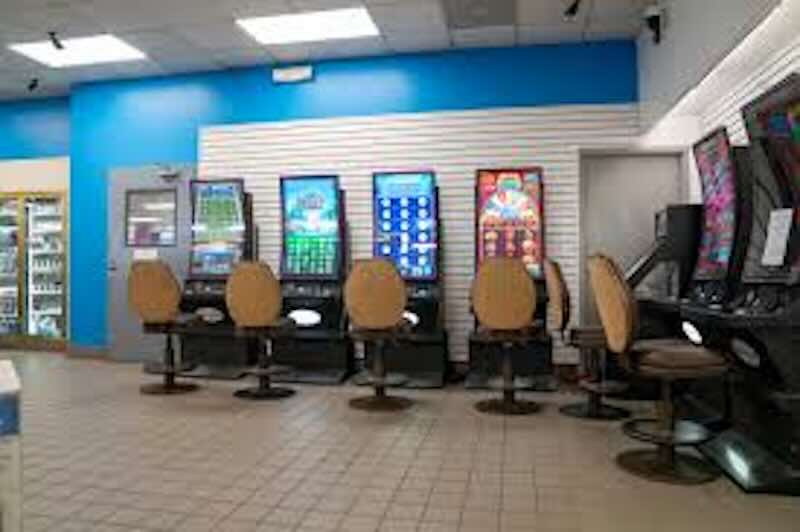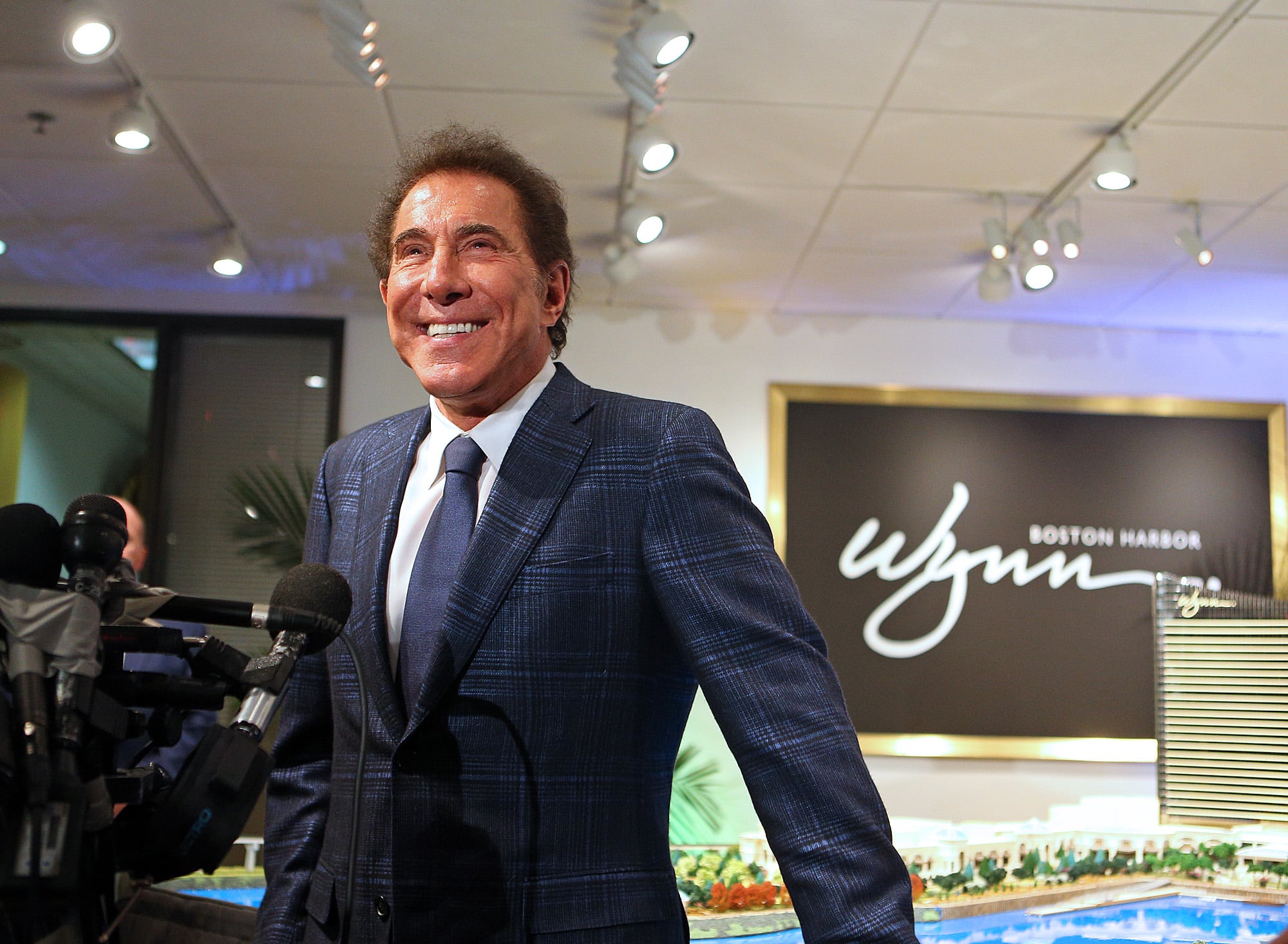
Pennsylvania Gaming Control Board reports $5.5bn in revenue for fiscal year

The Pennsylvania Gaming Control Board (PGCB) has released its FY 2022-2023 report including state revenue, which reached $5.5bn in total revenue. Within the Commonwealth, gaming is broken down into revenue from: land-based casinos, sports wagering, fantasy sports, iGaming and video gaming terminals at licensed truckstops.
Executive Director Kevin F. O’Toole stated, “The PGCB continues to improve its regulatory oversight of gaming by adopting new and best practices. The result was a 9% growth in revenue during the past fiscal year which resulted in a record $2,369,249,258 in tax money remitted to the Commonwealth.”
The Keystone State, which is now home to 17 land-based casinos, generated $3.4bn from slots and table games, up from a previous record of $3.3bn the previous fiscal year.
Sports wagering sites increased to 19 retail venues and 13 online options, bringing in $491m, an increase of 56% year-on-year. The state handle for fiscal year 2023 was $7.2bn.
Fantasy sports contest operators have grown from nine at the end of last year to 11 and generated $20m, which represents a decline from the $27m made in fiscal year 2022.
IGaming sites in Pennsylvania now total 20 and increased their revenue by 24% to $1.5bn. Bally Casino PA is the first iGaming site in the state that is not associated with an existing Pennsylvania casino venue.
Video gaming terminal venues at licensed truck stop locations rose from 65 to 69, making the number of machines themselves 345 (as each regulated truckstop may have a maximum of 5 machines).
A recent Pennsylvania Senate Democratic Policy Committee Hearing, however, alleged that there are over 50,000 unregulated and untaxed video gambling machines in the state. The licensed locations generated $42m in revenue, a yearly increase of 1.28%.
The PGCB also publishes data on involuntary exclusions, which for 2022-2023 amounted to 135, with child endangerment accounting for 46 of the incidents necessitating exclusion. The organization launched the “Don’t Gamble with Kids” campaign in November 2022 to combat this issue.
Voluntary self-exclusion reached 20,000 in June this year.
Tags/Keywords
Players trust our reporting due to our commitment to unbiased and professional evaluations of the iGaming sector. We track hundreds of platforms and industry updates daily to ensure our news feed and leaderboards reflect the most recent market shifts. With nearly two decades of experience within iGaming, our team provides a wealth of expert knowledge. This long-standing expertise enables us to deliver thorough, reliable news and guidance to our readers.






